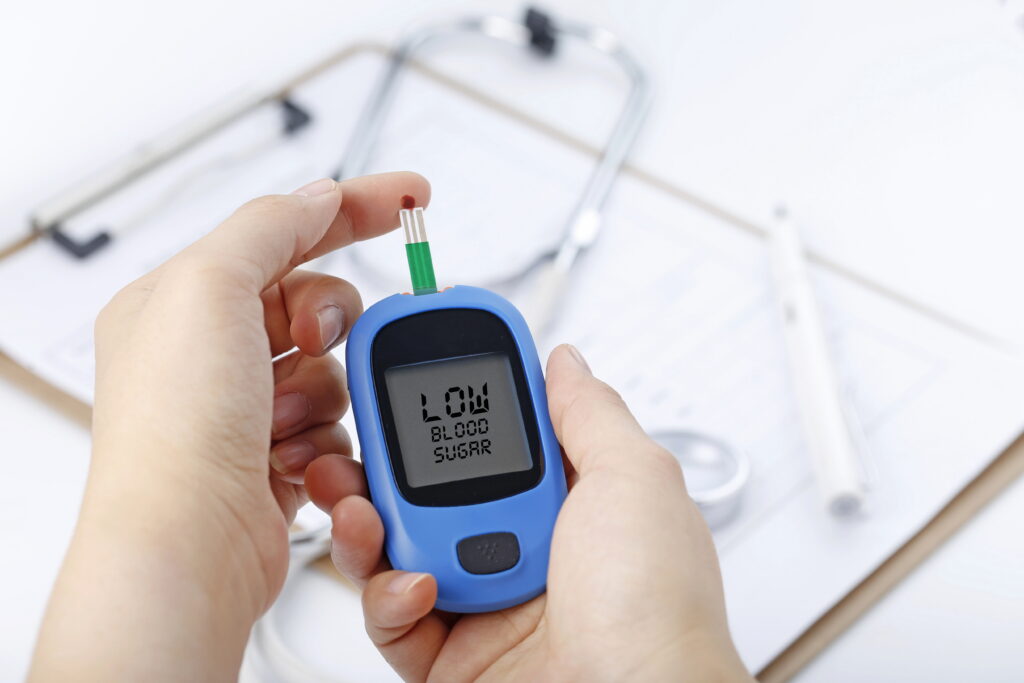Depression is a mood disorder that negatively affects the way a person feels, thinks, and acts. It can be due to a family history of depression, early childhood trauma, brain structure, medical conditions, drug use, or the surrounding environment. Depression is associated with multiple health conditions, including diabetes. It elevates the sympathetic nervous system activities and hypothalamic–pituitary–adrenal axis activities. Elevated sympathetic nervous system activities lead to an increase in catecholamines and inflammation and eventually cause insulin resistance. On the other hand, elevated adrenal axis activities increase cortisol and, eventually, blood sugar levels. Both insulin resistance and increased blood sugar levels develop type 2 diabetes.

The results show that depression is highly associated with the incidence of type 2 diabetes. In the context of gender, depressed men are at higher risk of incidence of type 2 diabetes. Moreover, compared to Caucasians, Hispanics, JapaneseAmerican, and Chinese-Americans, depressed African-Americans are at 2.56 times higher risk of type 2 diabetes.
In summary, depression is associated with type 2 diabetes. However, the association is different in men and women. Moreover, one study shows that depression itself is not a risk factor for diabetes. Instead, the activities related to depression, such as physical inactivity, poor diet, and obesity, lead to diabetes. Also, Depressed people have a 41% increased risk for developing diabetes mellitus and a 32% increased risk for developing type 2 diabetes. In addition, the medical drugs used to treat depression also affect the incidence of type 2 diabetes.

References:
Diabetes from catecholamine excess. In: Diabetes secondary to endocrine and pancreatic disorders
Association of risk factors with type 2 diabetes: A systematic review











